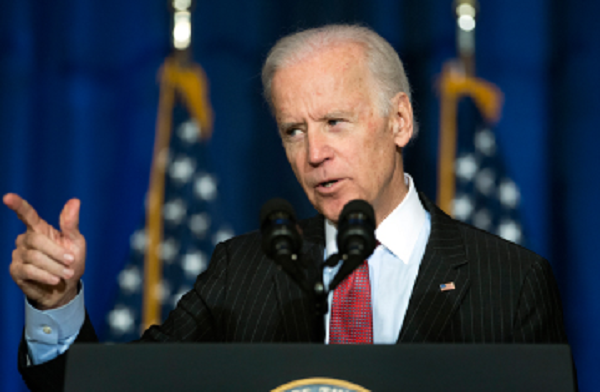The University of Pennsylvania (UPenn) is facing a significant setback, having lost a substantial $100 million donation due to the anti-Semitic remarks made by the college president.
Ross Stevens, the founder and CEO of Stone Ridge Asset Management, has decided to withdraw the substantial donation as a form of protest against the college’s perceived mishandling of anti-Semitism on campus, particularly in response to the controversial testimony provided by UPenn President Liz Magill on the matter.
In 2017, Stevens had made the generous donation to UPenn in the form of partnership units in his firm, which are presently valued at approximately $100 million. The purpose of the donation was to assist the university in establishing a financial innovation center.
Stevens’ legal representatives formally notified the university through a letter, asserting that the institution breached Stone Ridge’s limited partnership agreement by failing to adhere to anti-discrimination and anti-harassment regulations.
This development was initially reported by Axios.
The letter said that Stevens and Stone Ridge “are appalled by the University’s stance on antisemitism on campus.”
It added that UPenn’s “permissive approach to hate speech calling for violence against Jews and laissez-faire attitude toward harassment and discrimination against Jewish students would violate any policies of rules that prohibit harassment and discrimination based on religion, including those of Stone Ridge.”
The objection raised by Ross Stevens and Stone Ridge Asset Management extended to President Liz Magill’s testimony before the House Education and Workforce Committee this week.
In the hearing, Magill asserted that the classification of anti-Semitic chants and calls for the genocide of Jewish people as prohibited speech on campus is “context-dependent.” She indicated that such speech would violate UPenn’s rules against bullying and harassment if it was “directed,” “pervasive,” and “severe.”
Stevens and Stone Ridge, in their letter, highlighted Magill’s testimony and her subsequent clarification on social media. They pointed out that her statements seemed to acknowledge that expressions of anti-Semitic rhetoric would indeed violate UPenn’s rules regarding harassment and discrimination.
“President Magill’s December 6, 2023 post on X admitted as much when she belatedly acknowledged — only after her Congressional testimony went viral and demands for her termination amplified — that calls for genocide of the Jewish people constitute harassment and discrimination,” the letter said.
Stevens’ letter to UPenn outlined that reconsideration of the withdrawal of his donation would be on the table once the university appoints a new president to replace Magill.
Magill, alongside Claudine Gay and Sally Kornbluth, the presidents of Harvard and the Massachusetts Institute of Technology, provided testimony before the House Committee on Education and the Workforce.
During the hearing, Rep. Elise Stefanik (R-NY) inquired whether calls for the genocide of Jewish people constituted harassment. The responses from all three college leaders were evasive, lacking clear acknowledgment of the gravity of the issue of anti-Semitism faced by Jewish students, particularly in the context of the conflict in Gaza.
The self-righteous, arrogant smile on Liz Magill of @Penn says it all. Shocking testimony from this so-called educator. What is going to happen to our incredible country with someone like this shaping the hearts & minds of our students? All those involved with @Penn MUST SPEAK… pic.twitter.com/vpbCtSfLnn
— Jason D. Greenblatt (@GreenblattJD) December 6, 2023







